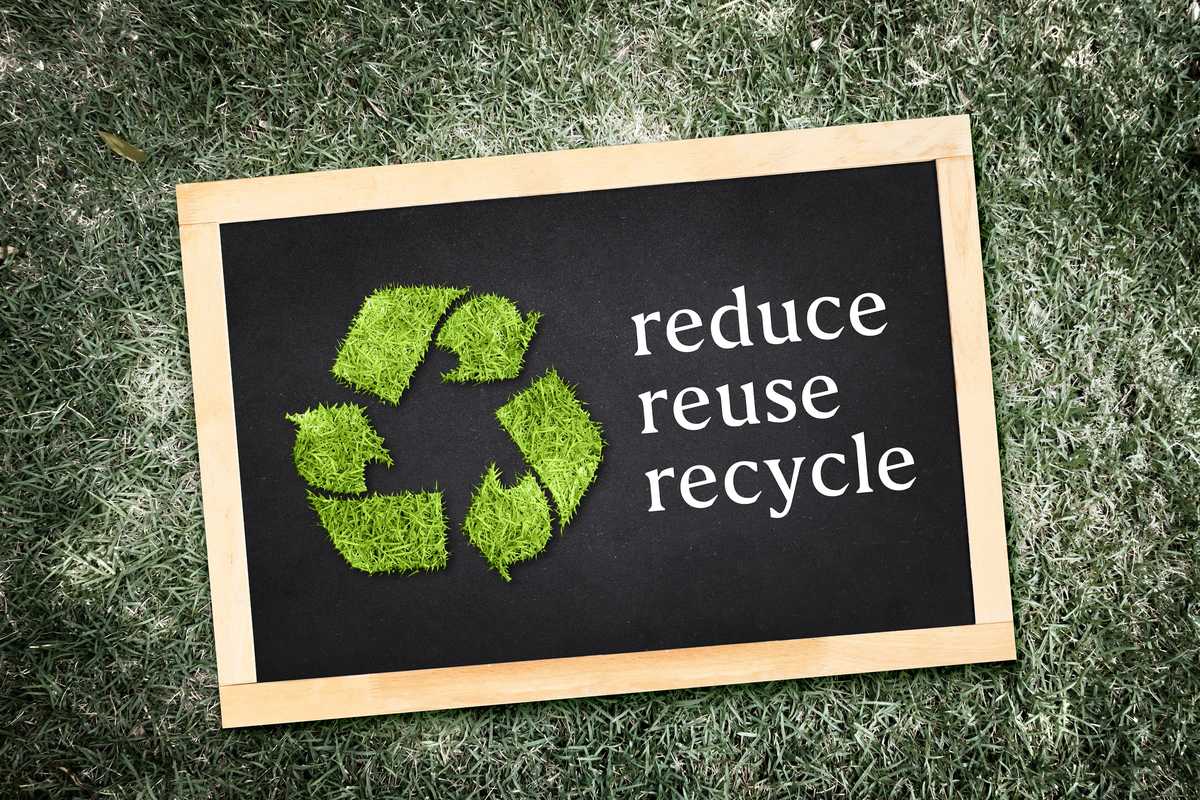Every day, numerous reusable items are needlessly discarded. To cultivate a culture centered on waste reduction, reuse, sharing, and repairing in Toronto, the City is introducing five Community Reduce & Reuse Programs.
Aligned with the Long Term Waste Management Strategy and in support of the Toronto Strong Neighbourhoods Strategy, these programs aim to create sustainable communities and diminish landfill waste by:
- Educating residents on the significance of waste reduction and reuse.
- Providing platforms for sharing and repairing.
- Offering skills training and generating job and economic opportunities.
- Establishing spaces for community members to gather.
- Primarily situated in Neighbourhood Improvement Areas, where the City and partners invest in enhancing social, economic, and physical conditions, the program sites include multi-residential buildings and community hubs. Collaborating with local agencies and non-profit organizations, the City is committed to delivering these programs at no cost to the public.
Programs for the Community
Urban Harvest
By collecting excess fruits and vegetables from residents’ backyards, this initiative not only combats food waste but also contributes to the community by redistributing these surplus items to local food banks and programs. Additionally, the program offers educational opportunities on food preservation through canning workshops.
Sewing Repair Stations
Designed to foster the repair and reuse of clothing and textiles, this program offers workshop spaces, aiming to decrease the annual amount of discarded textiles. Program activities encompass regular instruction on fundamental alterations and repairs, as well as opportunities to craft and design clothing using repurposed textiles. Residents are also provided with the chance to access tools, equipment, and supplies required for repairing their own clothing.
Bike Repair Stations
Designed to empower residents with bicycle assembly, repair, maintenance, and safety skills, this program offers dedicated workshop spaces. Participants gain access to the necessary tools, equipment, and supplies for bicycle repairs. Program activities encompass initiatives like Earn-a-Bike, DIY sessions, Repair Clinics, and more. The Bicycle Repair Hubs not only promote a cycling culture but also contribute to waste diversion by revitalizing bicycles that would have otherwise been discarded as scrap metal.
Community Compost Hubs
Empowering resident groups with essential tools, skills, and knowledge, this program facilitates the maintenance of community gardens and the conversion of yard waste into compost. Participants receive composters and information on effective composting techniques for both existing and new community gardens. Additionally, the program supplies the necessary tools, equipment, and materials for composting yard waste. It serves as an educational platform to emphasize the significance of reducing food waste and the advantages of composting.
Sharing and Reusing Spaces
Geared towards extending the lifespan of items, this program advocates for the reuse, sharing, repairing, and repurposing of goods. It actively facilitates and encourages residents to share items within their community.

